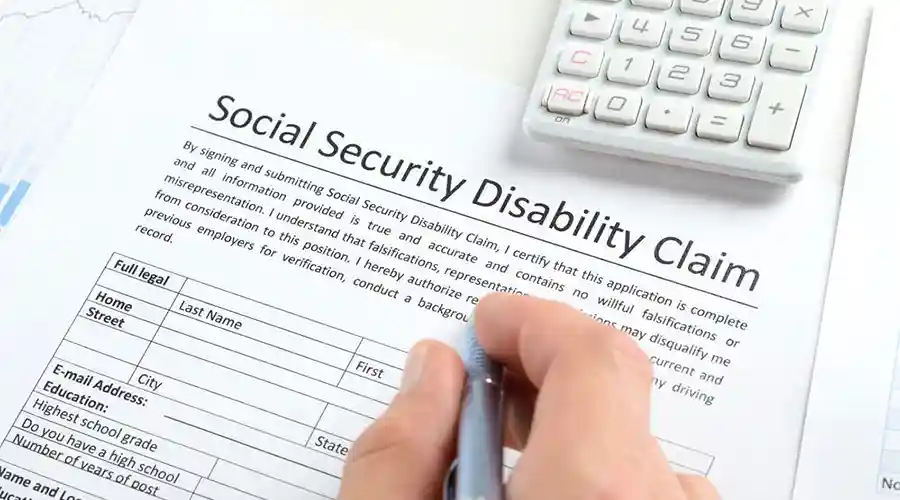Doctor to patient: Hey, how have you been since our last visit together?
Patient to doctor: I am doing better, thank you (spoken in a low voice).
Doctor to patient: okay, great! (as the doctor writes down that “patient reports being better”).
In Social Security disability cases, semantics are everything. From the literally millions of pages of medical records I have reviewed over the years and thousands of disability applicants I have assisted, I imagine that the above scenario happens frequently. Here is the problem: to SSA and its predatory adjudicators and administrative law judges, better is not taken as a relative term, it is taken as a sign of symptom cessation.
Doctor to patient: when you say better, do you mean your symptoms have stopped?
Patient to doctor: oh no doctor! I mean that last time we spoke I was unable to get out of bed 6 days a week, and now I am unable to get out of bed 5 days a week. I’m doing better!
The reality of modern medical practice is that the above follow-up probably rarely if ever, occurs. In a rush to satisfy appointment quotas amid declining insurance reimbursement rates, medical professionals and patients have both complained about the shift from quality medical care focused on outcomes to expedient medical care focused on volume. And COVID has not helped! With the rise of telemedicine, which undoubtedly has many positive characteristics and perks, not only are the words that patients use in appointments taken out of context but records don’t have the benefit of complete physical and mental status exams to support disabling limitations.
Remember, you cannot win a disability case by filling out adult function reports and symptom reports for Social Security in a supportive manner. Medical records make the day!
So what does this mean for patients who happen to be applying for disability benefits? You are not better! You are not fine! Improvement needs to be matched with a detailed description of your remaining limitations, or you are setting yourself up for failure in a disability case.
Words matter.







